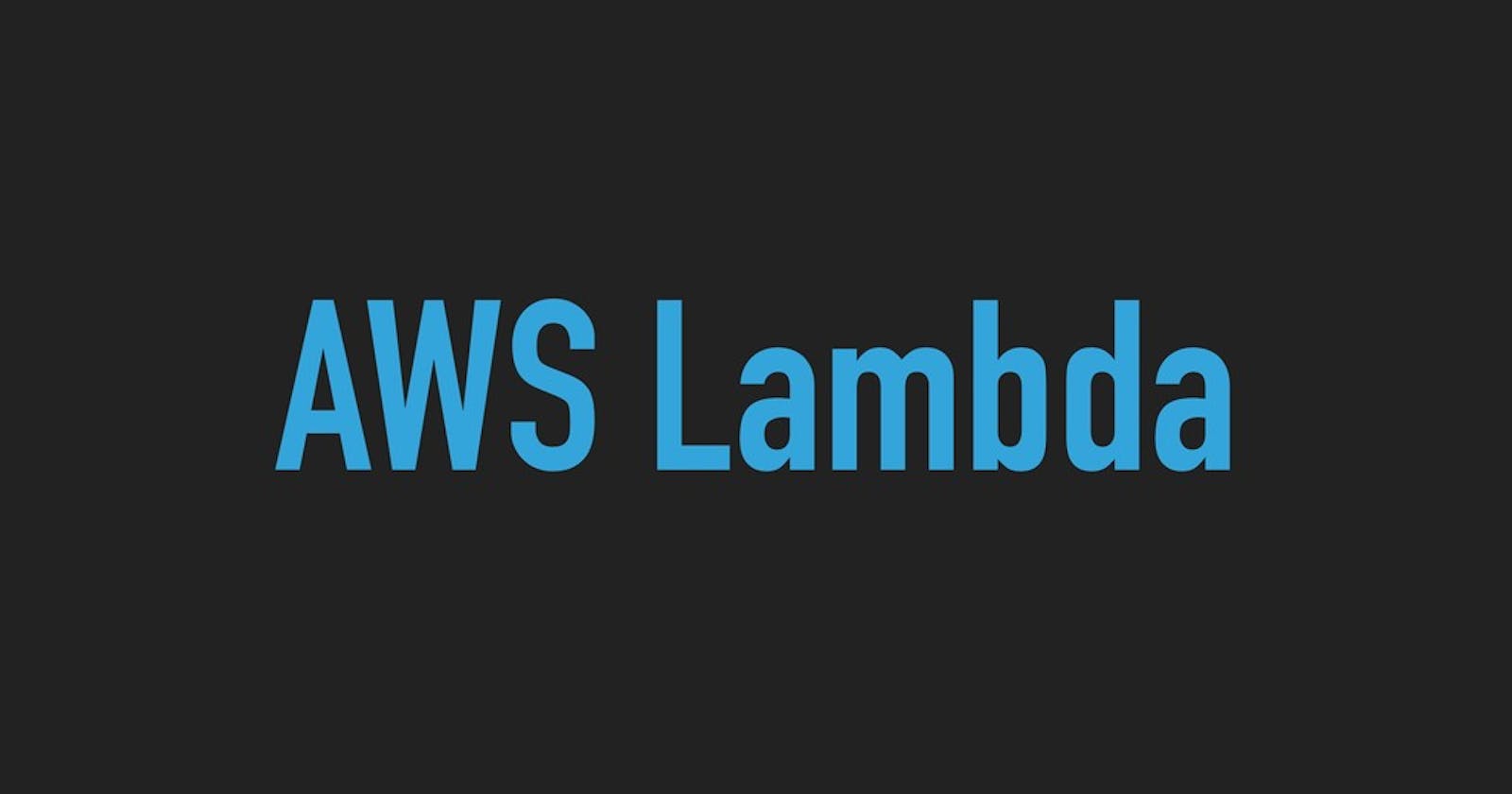Exploring Lambda Runtimes: Choosing the Right Environment for Your Functions
AWS Lambda has transformed the way developers build and deploy applications, offering a serverless computing platform that scales effortlessly and charges only for actual usage. One key aspect of Lambda is its support for multiple programming languages and execution environments, known as Lambda runtimes. In this article, we'll dive into Lambda runtimes, their significance, and how to choose the right runtime for your functions.
Understanding Lambda Runtimes
Lambda runtimes dictate the environment in which your Lambda functions execute. They determine which programming languages you can use, as well as any dependencies and libraries available to your functions. AWS Lambda provides a range of pre-configured runtimes, each optimized for specific use cases and languages.
Example of Lambda Runtimes:
- Node.js
- Python
- Java
- Go
- Ruby
- .NET Core
- Custom Runtimes (for languages not natively supported)
Choosing the Right Runtime
Selecting the appropriate runtime for your Lambda functions depends on various factors, including your familiarity with a language, performance requirements, and compatibility with existing codebases. Here are some considerations when choosing a Lambda runtime:
Language Familiarity: Opt for a runtime that aligns with your team's expertise and the language best suited to your application's requirements.
Performance: Some runtimes may offer better performance or lower cold start times for specific use cases. Consider performance benchmarks and trade-offs when making your selection.
Library Support: Ensure that the runtime you choose supports the libraries and dependencies required by your application. Custom runtimes may be necessary for languages or frameworks not natively supported by Lambda.
Integration with AWS Services: Consider how well the runtime integrates with other AWS services you plan to use in your application. Certain runtimes may offer tighter integration or additional features for specific AWS services.
Conclusion
Lambda runtimes play a crucial role in the development and execution of serverless applications on AWS Lambda. By selecting the right runtime for your functions, you can leverage the full potential of serverless computing while ensuring compatibility, performance, and scalability. Whether you're building a web application, processing data, or implementing backend services, choosing the appropriate Lambda runtime is essential for achieving optimal results.
Are you interested in learning more about serverless computing, AWS Lambda, or other related topics? Share your thoughts in the comments below and subscribe to our blog newsletter for updates on similar topics and more insightful content!
